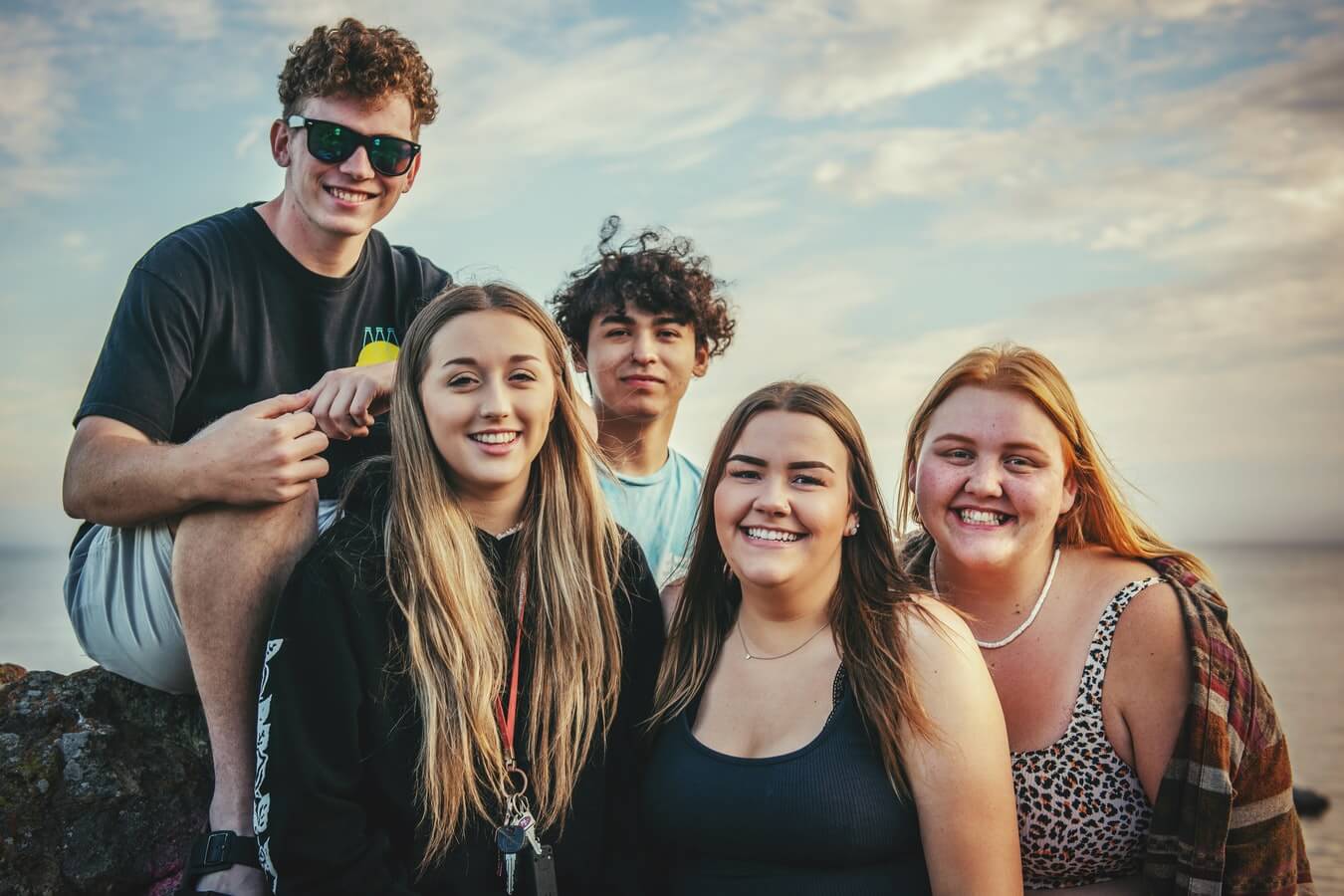Not long ago, researchers believed that the only time of increased brain plasticity was between infancy and early childhood. However, we now know that the second period of brain plasticity occurs during adolescence as puberty begins, which means the brain is becoming more efficient and adaptable in preparation for adulthood. With a rapid change in physical, neurological, cognitive, and social-emotional development, this is an opportune time to learn and develop crucial skills for a successful life. While there are many changes occurring in adolescent brains, we are going to focus on two: cognitive reappraisal and prospective memory.
Cognitive Reappraisal
During this time, adolescents are more capable of changing their emotional response to a situation by reevaluating meaning. When we consciously choose to change our beliefs about a situation for a more positive outcome, we are practicing cognitive reappraisal. Young people learn to view outcomes more subjectively and redirect themselves as necessary. For example, a student that received a low score on a math exam may at-first feel incompetent and “bad at math.” After pondering the exam and considering the events that occurred before the exam, he may realize that he did not get a good night’s sleep, he did not study far enough in advance, or he was distracted by a conversation he had right before the test. To aid students in this development, we can use guiding questions that will help them think about ways to reinterpret the event, normalize the situation, or find a new perspective. According to Your Brain at Work, we can use this skill to encourage students to find a meaning that empowers them to go after their goals.
Prospective Memory
A large marker of independence is the ability to carry out a planned task. According to “The Adolescent Brain: A second window of opportunity,” students begin to reflect more clearly on the accuracy of their memories and remember tasks that they planned to perform during adolescence. With increasing ability in working memory and task-switching, students are starting to:
- Set an intention
- Consider the intention while performing other activities
- Look for cues that tell them to initiate the intention
- Execute the intention
So, how can we help a student improve their prospective memory? Help them visualize when the intention will be carried out by creating a concrete plan for when and where the task will be completed. Of course, checklists and bold reminders are also helpful! Encourage your student to mark everything that is due in his or her planner with an indicator, such as a star. Try using a color combination that will stand out! As students perform other activities, remind them of their cues. Over time, they will begin reminding themselves. Another effective method is to connect the task to a habit that is already established in their routine. For example, we always encourage a student to open their binder as soon as they sit down in class to check their homework folder on the left side. By connecting the new behavior to something that is familiar, they are more likely to remember. After all, humans are built by habits.
The prefrontal cortex, which is the home of executive functioning skills, experiences the most significant changes during adolescence. The brain is pruning away things that are no longer being used and making new connections geared towards independence. With rapid changes in development, this is a critical time to support and foster skills that will be with them for a lifetime. The ability to manage many tasks at once, plan the day, and regulate impulses and emotions are vital to both academic and overall success. For information about executive functioning skills or how our unique program can help your student succeed, please head to our services page.





